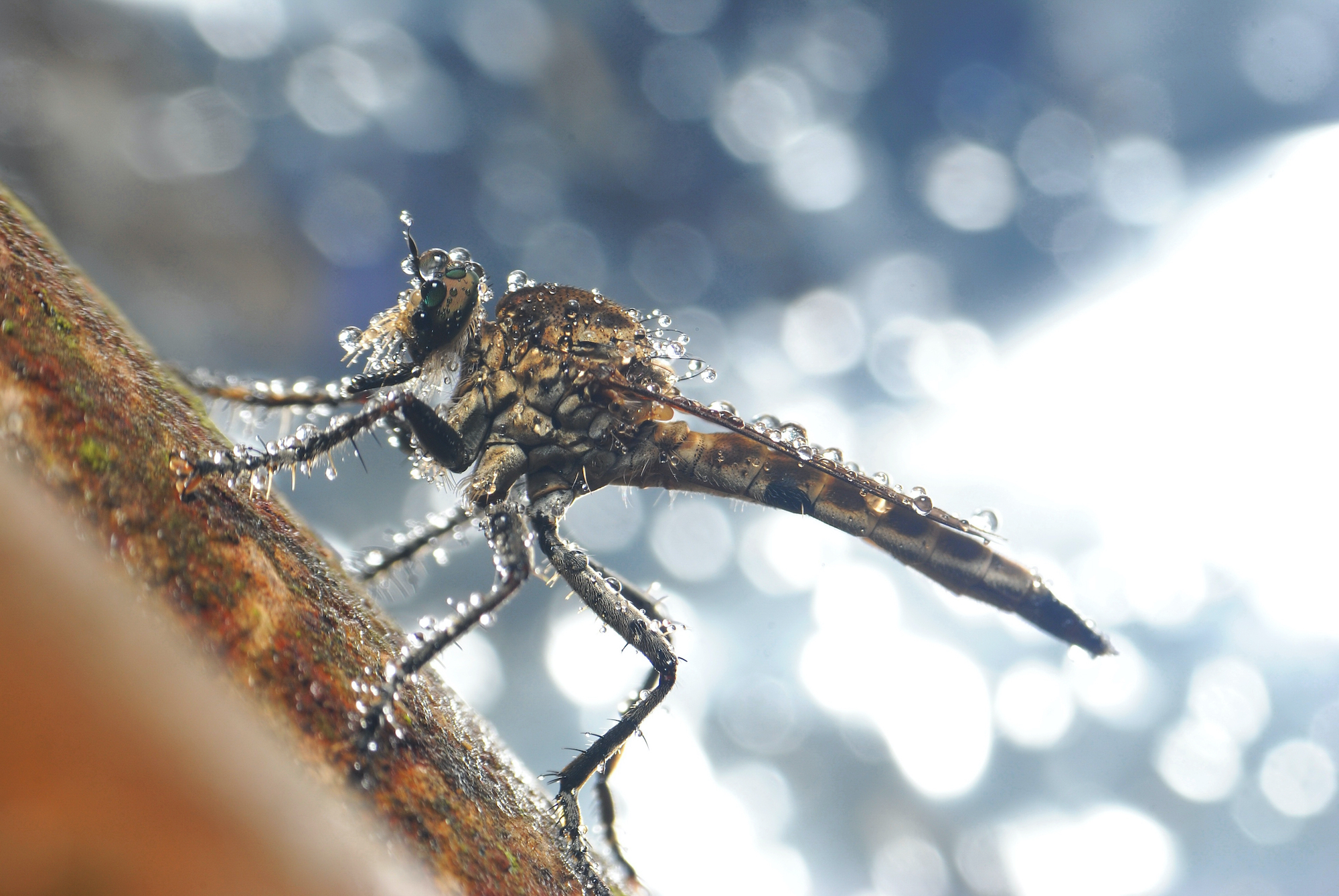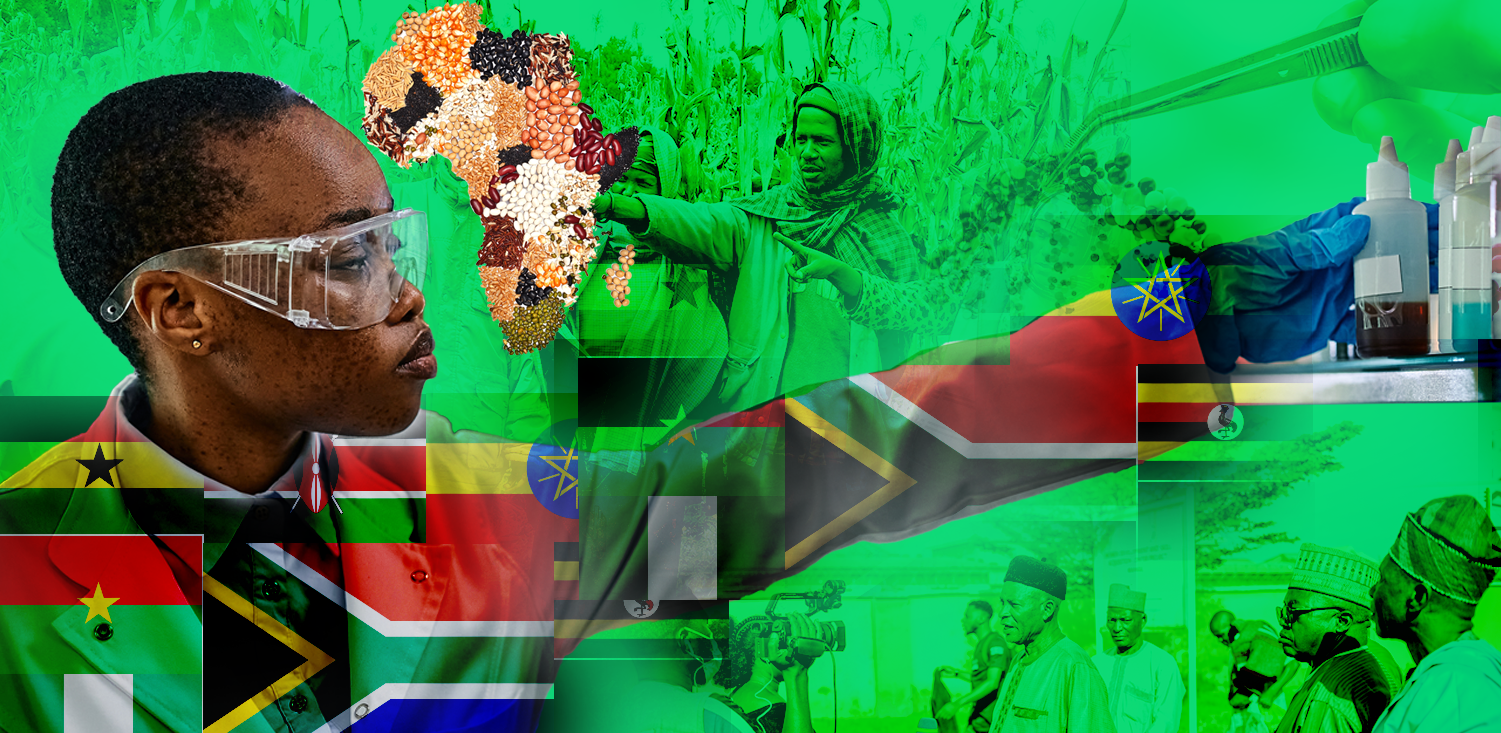Latest Resources

28 August 2025
CVAB welcomes Burkina Faso’s decision to terminate “Target Malaria” project
Press Release Ouagadougou, August 22, 2025 Target Malaria is a research consortium led by Imperial College London, which receives core funding from the Bill and Melinda Gates Foundation to apparently eradicate malaria in Africa. The first phase of its project in Burkina Faso has been a dismal failure, involving the release of GM mosquitoes. We […]

26 August 2025
We don’t need genome editing to ensure Africa’s food sovereignty
Will stringent regulation safeguard Africa’s food systems? Across Africa, powerful corporate, donor, and government interests are driving a rapid push to deregulate genome editing in agriculture. Countries including Nigeria, Kenya, Ghana, Malawi, Ethiopia, and Burkina Faso have adopted product-based guidelines that exempt many genome-edited crops from GMO regulation if no foreign DNA is present in […]

2 August 2024
The decline of FISPs in Malawi – debt, corruption and hunger
What future for smallholder farmers and realising agroecology?

18 July 2024
Is Zambia’s food system collapsing?
Zambia’s collapsed food system: never-ending debt, climate shocks, biodiversity loss and FISPs – the indispensability of transitioning to agroecology In this briefing, we look at how Zambia is facing a gathering food crisis of serious proportions. Amidst repeated droughts and floods, energy rationing, and shortages of drinkable water, food prices are rising and millions are at risk […]

14 May 2024
ACB’s legacy podcast: celebrating 20 years of resistance against GMOs in Africa
This legacy series provides an opportunity to reflect on and celebrate the past two decades of ACB’s advocacy and activism, with a particular focus on resisting the introduction of genetically modified organisms (GMOs) into our agricultural and food systems in Africa. Our first podcast in the series is hosted by ACB Research and Advocacy Officer […]

10 May 2024
Expansion of gene drive mosquito projects in Africa
International and national biosafety regulations are urgently needed, including the right to say no By Sabrina Masinjila, African Centre for Biodiversity (ACB) research and advocacy officer Masinjila can be seen making a statement on behalf of the Convention of Biological Diversity Alliance (CBDA), calling for Parties to support the ongoing work of the Multidisciplinary Ad […]

30 January 2024
No to GM wheat!
Food sovereignty alliance from Latin America, Africa, and Asia approaches seven UN Special Rapporteurs for urgent intervention to block cultivation and trade of GM wheat HB4 To date over 100 organisations endorse this submission. Please note the deadline for endorsements is Wednesday 15 February. PRESS RELEASE 30 January 2024 On 26 January 2024, a submission […]

3 March 2023
GLOBAL BIODIVERSITY FRAMEWORK AND SYNTHETIC BIOLOGY: MISSED OPPORTUNITY FOR BIOSAFETY AND BIODIVE...
– By ACB Research and Advocacy Officer Sabrina Masinjila & Executive Director Mariam Mayet For several years, the ACB has engaged at multiple levels with the development of the Post-2020 Global Biodiversity Framework (GBF). In the lead up to the Convention on Biological Diversity (CBD) Conservation’s fifteenth Conference of Parties (COP 15), held in Montreal, Canada in […]

25 July 2022
The battle over regulation of new breeding techniques in South Africa
– A blog by ACB Director Mariam Mayet Snapshot In October 2021, the South African (SA) government determined that the regulatory and risk assessment framework that exists for genetically modified organisms (GMOs) will also apply to new breeding techniques (NBTs), which make up a host of new genetic engineering technologies. This decision appears to follow […]

28 April 2022
The financialisation of malaria in Africa: Burkina Faso, rogue capital & GM /gene drive mosq...
(Veuillez cliquer ici pour lire en français) The African Centre for Biodiversity (ACB) hereby publishes a new research paper, titled, “The Financialisation of malaria: Burkina Faso, Rogue capital & GM/gene drive mosquitoes.” This paper seeks to understand the financialisation of malaria as a vehicle for rogue capital in a context of a weakened state (through […]
